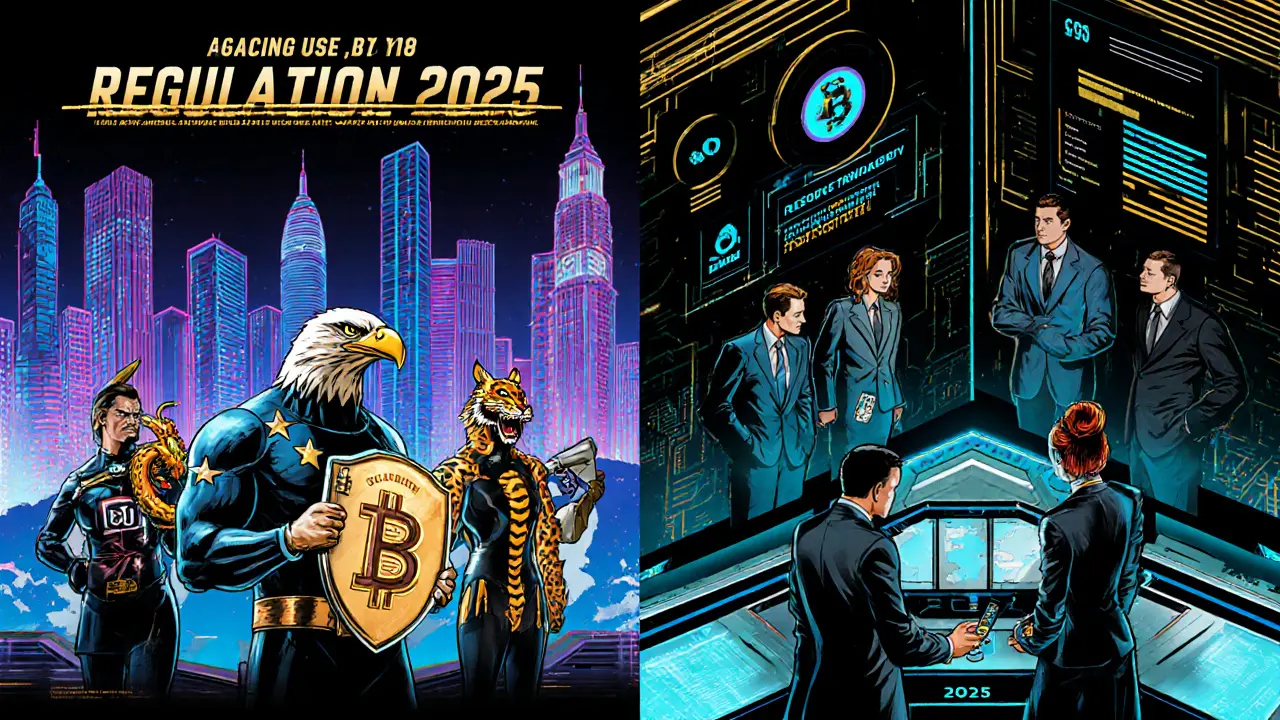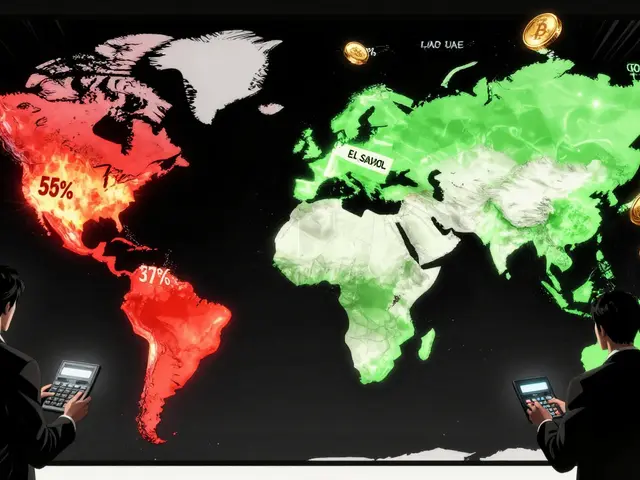MiCAR: Understanding the EU’s Crypto Regulation
When working with MiCAR, the Markets in Crypto‑Assets Regulation that the European Union introduced to bring clarity and protection to crypto markets. Also known as EU Crypto Regulation, it sets rules on who can issue tokens, how exchanges must operate, and what safeguards are required for investors. Another key player is AML compliance, the set of anti‑money‑laundering standards that crypto firms must follow under MiCAR. Finally, the rule touches crypto exchanges, which now need licenses and strict consumer‑protection measures, and the broader DeFi, decentralized finance platforms that must adapt to new transparency demands. Together, these entities create a compliance ecosystem that reshapes how crypto projects launch and operate in Europe.
Why MiCAR matters for every crypto enthusiast
MiCAR isn’t just another piece of paperwork; it directly influences the safety of token sales, the reliability of exchange services, and the legitimacy of DeFi protocols. For example, token issuers now have to publish detailed whitepapers that include risk warnings and investor rights—a shift that mirrors traditional securities regulation. This transparency helps you, the investor, gauge whether a new coin is a solid opportunity or just hype. At the same time, AML compliance becomes a non‑negotiable part of any crypto business, meaning you’ll see stronger KYC checks and transaction monitoring on platforms you use. Those changes may feel extra work, but they curb fraud and protect market integrity.
Exchanges feeling the heat are upgrading their infrastructure to meet licensing standards, which often means lower fees, better custody solutions, and clearer dispute processes. If you trade on a platform that has secured a MiCAR license, you can expect faster withdrawals and clearer recourse if something goes wrong. DeFi projects, while still decentralized, are experimenting with on‑chain identity and audit trails to align with the new rules. This trend opens doors for hybrid models where users enjoy the freedom of DeFi but benefit from the consumer protections that MiCAR mandates.
All this regulatory momentum also ripples into other regions. Our collection below shows how global players—like the UAE’s free‑zone licensing guides, blockchain AML technology breakthroughs, and crypto‑centric airdrop strategies—are responding to similar pressures. Whether you’re scouting a new airdrop, comparing exchange fees, or building a crypto‑focused startup, understanding MiCAR gives you a solid foundation to navigate the shifting landscape. Dive into the articles ahead to see real‑world examples of how the regulation shapes token launches, exchange reviews, compliance tools, and more.







